
How we see Heritage Academy of Learning Excellence
Compare with:
How Heritage Academy of Learning Excellence sees itself
"Ranked the top private school in Ottawa in 2023, Heritage Academy specializes in supporting students with Dyslexia and other language-based learning exceptionalities. Our multisensory environment and smaller class sizes benefit students with a wide range of other exceptionalities. By promoting the values of honesty, perseverance, and teamwork, Heritage Academy fosters acceptance and growth among our students and enables them to reach their full potential."
"Our environment, with smaller class sizes and less stimulus, are often advantageous to students with ADD/ADHD. In addition, our teachers bring in the use of frequent body breaks, use of manipulatives, use of multisensory fidgets and use of the desk bicycles.
By promoting the values of honesty, perseverance and respect, Heritage fosters acceptance and growth among our students, and enables them to reach their full academic potential. We love to see students learn how to succeed and enjoy school."
"Families have grown to know Heritage as a school that provides both academic and social support for students struggling in their current environment. Heritage believes in the potential of our students. Once they have been provided with the tools and strategies to help them learn based on their individual profile, our students can excel and reach their utmost potential."
"By engaging students with multisensory teaching techniques and by using different modalities, students love to learn at Heritage.
We help students foster new friendships and face new challenges with a positive and open approach. Children deserve an environment that is nurturing, and understanding each student's true potential is essential."
"Our teachers and tutors are dedicated to making a difference in their students' lives. Working tirelessly to ensure the curriculum is delivered engagingly and that students progress in the areas that may have been difficult for them, our staff ensures that each student enjoys school and is part of the learning adventure each grade experiences. We follow the "Tribes" program and want all students to feel included and part of the Heritage family."

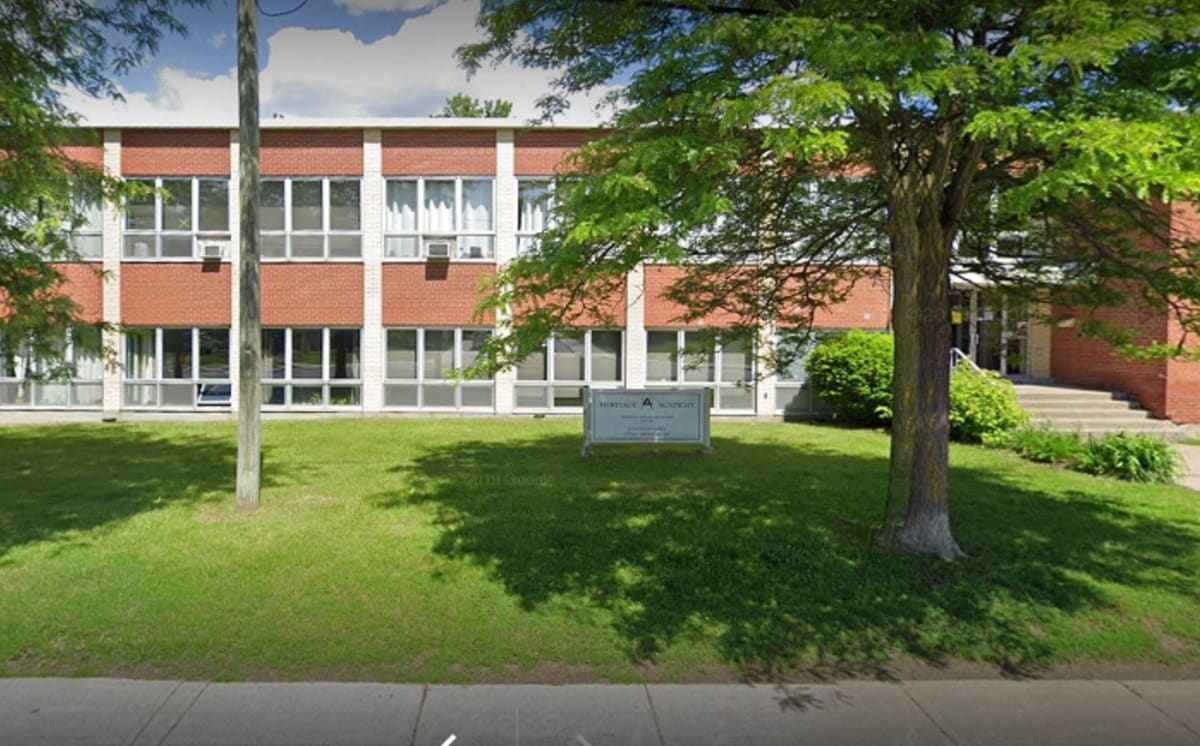
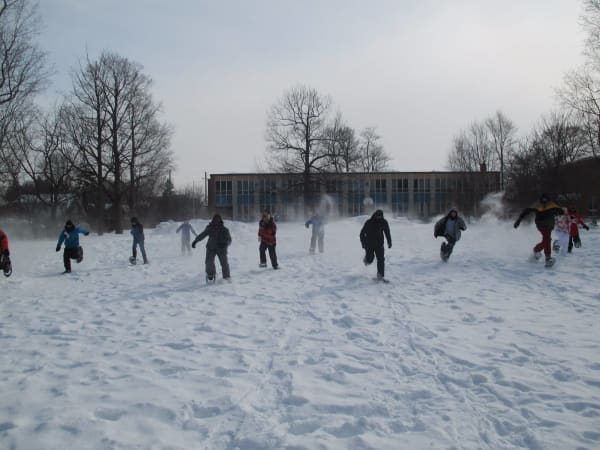
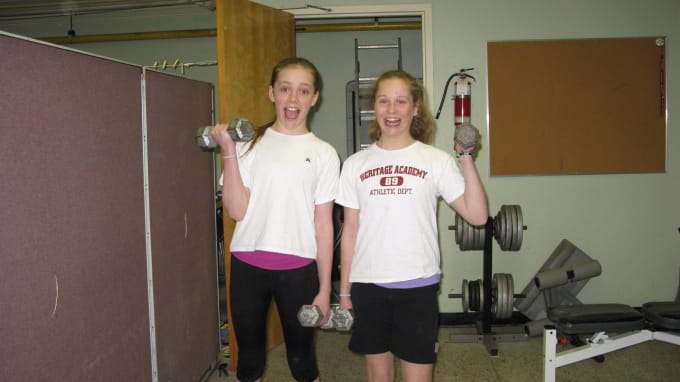




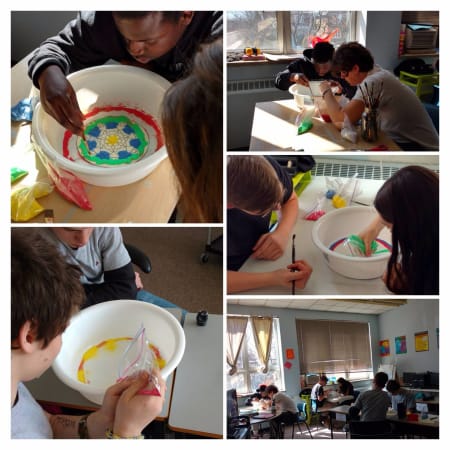
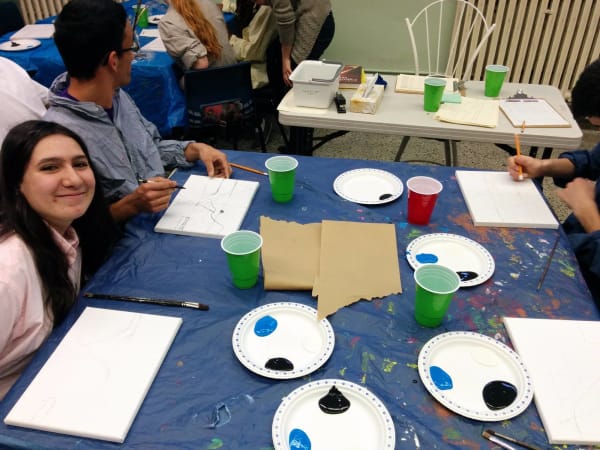


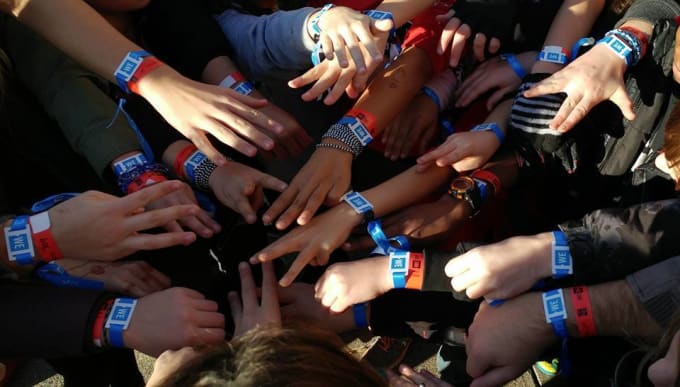




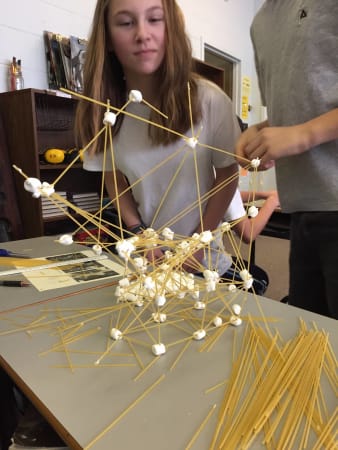









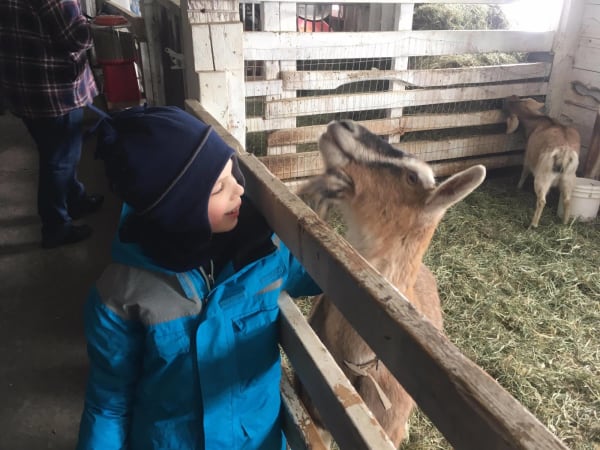



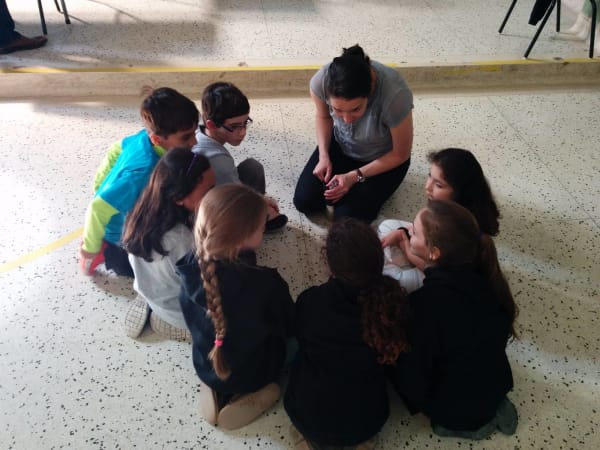


How people from the school’s community see Heritage Academy of Learning Excellence
Top-down influence on the school’s direction and tone

Cheryl Ward, Director
Heritage Academy of Learning Excellence, founded by Louise Brazeau-Ward, has come a long way since its inception. In the early 1980s, Louise (as she is known at the school) was a frustrated parent tired of watching her dyslexic son continually struggle in school. This compelled her to focus her time and energy towards dyslexia research in order to help her son and other children struggling with this learning exceptionality. Through her involvement in this issue, Louise became an internationally recognized expert in the field of dyslexia research and therapy. With the goal of providing an academic environment that met the unique needs of students with dyslexia and other learning exceptionalities, Louise opened Heritage Academy in 1989.
As Louise began to train new teachers, she recognized the necessity for a specialized system to support the development and strengthening of written language skills in dyslexic students. To meet this need, she developed the Simultaneous Multisensory Teaching method (SMT), a unique learning system available in both English and French. Since its introduction, teachers, students and parents alike have found this system to be a highly effective way of improving and enhancing reading, writing and spelling skills in dyslexic students. SMT is still taught at Heritage Academy, with the concepts being integrated into all aspects of the curriculum. SMT is also utilized in schools and homes throughout Canada and abroad.
With Louise Ward’s retirement in 2006, Heritage Academy is now under the watchful eye of Cheryl Ward, Louise’s daughter. The school has grown larger, but remains true to its original purpose. We continue to specialize in supporting dyslexic students, and have expanded our expertise to provide additional comprehensive support to students with a variety of learning exceptionalities. By promoting the values of honesty, perseverance and respect, Heritage Academy fosters acceptance and growth amongst our students, and enables them to reach their full academic potential.
Awareness of learning exceptionalities has been steadily increasing in recent years. Learning exceptionalities are being more readily diagnosed and progress is being made to lift the negative connotations traditionally associated with such exceptionalities.
Recent research has concluded that dyslexia, ADHD and many other learning exceptionalities are not linked to levels of intelligence. Rather, this indicates that students who receive appropriate accommodations to support their learning challenges can still excel academically.
This is where Heritage Academy can help: We are an Ottawa-based school specializing in helping students with learning exceptionalities reach their highest academic potential. Unlike most schools, Heritage Academy offers small classes with no more than twelve students per teacher. We teach grades 1-12 and provide each student with a supportive learning environment and customized learning approach that best suits their individual learning needs. Heritage Academy: Our methods work – come check us out!
THE OUR KIDS REPORT: Heritage Academy of Learning Excellence
Next steps to continue your research:
Continue researching Heritage Academy of Learning Excellence with OurKids.net, or visit school website.